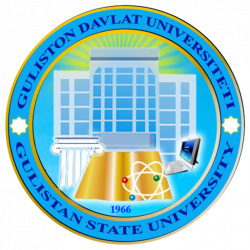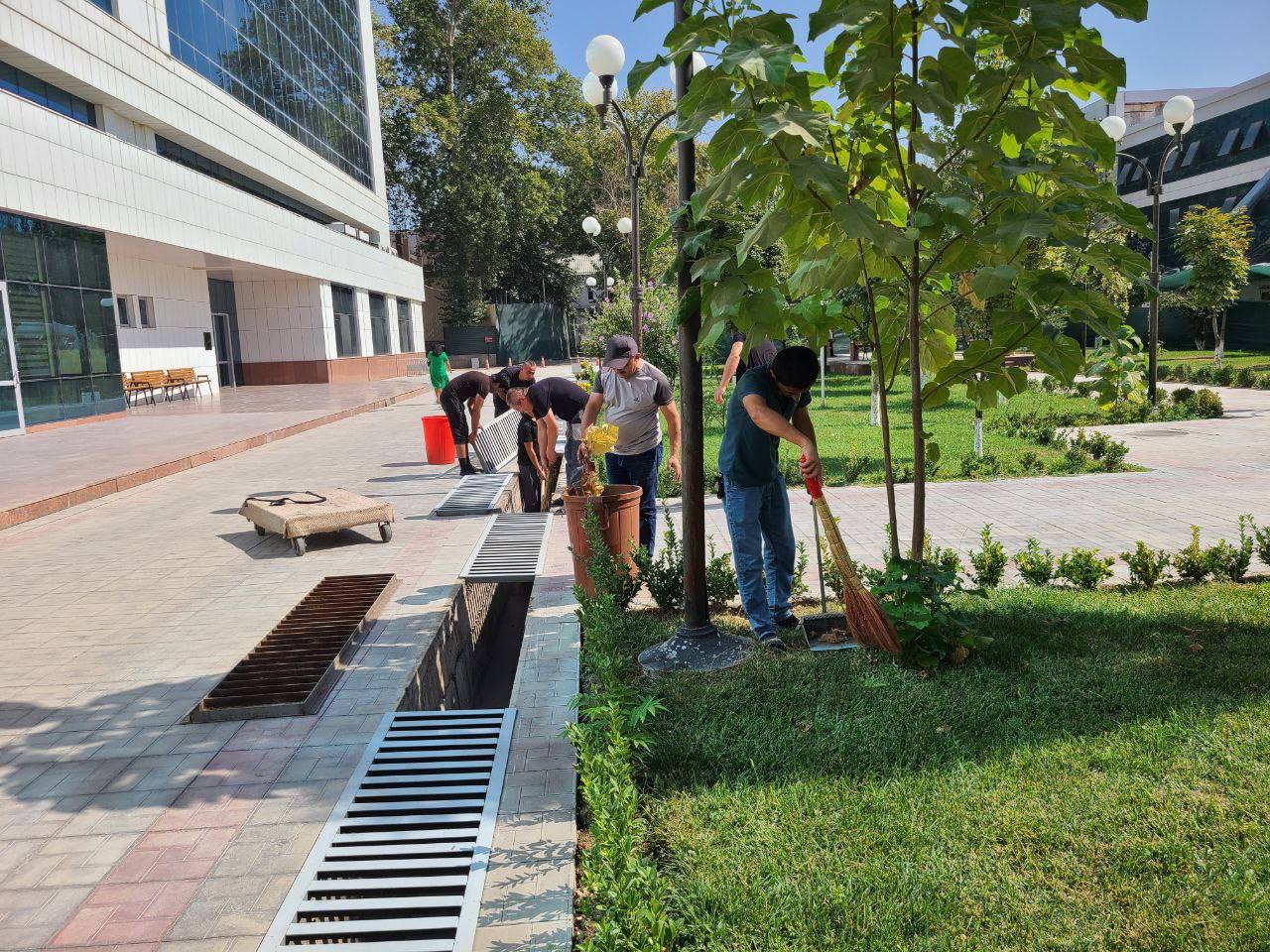Priority tasks for improving the higher education system have been identified
On June 16, chaired by President Shavkat Mirziyoyev, a video conference was held on the priority tasks in the higher education system.
Consistent work is being carried out in the country to provide young people with quality education, train specialists who keep pace with progress. The first reforms in the field of higher education were aimed primarily at increasing coverage, improving the financial condition of institutions and universities, material support of professors and teachers.
In particular, over the past 3 years, the number of universities has increased from 65 to 117, the admission quota has increased from 66 thousand to 181 thousand. The material and technical base of universities has been strengthened. Within the framework of joint educational programs with foreign countries, training of specialists in 64 new specialties has begun. The salaries of professors and teachers have been increased by an average of 3.5 times.
But there are still no noticeable qualitative changes, it was noted at the meeting. The Ministry of Higher and Secondary Specialized Education, rectors do not pay due attention to improving the quality of education and organizing educational work based on the needs of the market.
For example, today 55 percent of 815 areas of study do not meet the requirements of the labor market. Universities are not provided with textbooks for about 2 thousand subjects, and curricula are based on subjects and areas of forty years ago. In addition, corruption is widespread in the sphere.
In general, according to the results of the survey conducted on the ground, 65 percent of the respondents noted that the results of reforms in higher education are not being felt.
Therefore, at the meeting, the head of state outlined 4 priority tasks in this area.
The first is to enhance the role of governing councils and expand the powers of the departments of higher educational institutions.
The second is to bring the learning process in line with the requirements of the market, link it with production and create an environment in which students can work on themselves.
Third, increasing the scientific potential of universities, developing science and innovation.
Fourth, a decrease in the paperwork of teachers and students, as well as a sharp reduction in bureaucracy and corruption due to the digitalization of the sphere.
It was noted that in order to effectively fulfill these tasks, higher education institutions will be authorized to independently make academic and organizational and managerial decisions.
That is, from now on, decisions on the introduction of curricula, plans and literature, determining the workload of teachers and forms of education will be made by the governing council of the university itself. Now the activities of each department will be assessed according to its scientific potential and indicators of youth involvement in scientific activities.
Academic supervisors who regularly publish articles in prestigious foreign publications, as well as whose students defend their scientific work in a timely manner and with high quality, will be given the right to accept up to 5 doctoral students and up to 3 independent applicants. The practice of sending one young scientist from each department for internship abroad will also be established.
The rectors of universities have been tasked with creating research centers at the departments and providing them with educational and laboratory equipment and the necessary technology. The need to establish interaction between departments and enterprises is indicated, to create conditions for teachers to conduct research at enterprises.
The existing huge discrepancy between the directions of higher education and real needs has been criticized. Today there are 40 thousand vacant jobs in the service sector, 38 thousand in industry, 12 thousand in construction, 10 thousand in agriculture and 4 thousand in the field of communications and information technology. But graduates do not meet this demand either in quantity or in qualifications.
The educational process is conducted according to the standards approved in 2001. However, during this period, international education standards were revised and re-adopted twice. Some subjects are not adapted to the requirements of the time and the market, but adapted for professors and teachers. Students also study subjects that are not related to the acquired specialty.
In this regard, the responsible persons were instructed to bring state educational standards in line with international ones, to transfer the educational process in all universities to a credit-modular system. The need to revise the content of taught subjects, eliminate duplication, increase the number of specialized subjects, as well as create an opportunity for students to conduct independent research is indicated. The task is to optimize the list of professions requiring higher education and introduce new professions that are in demand by the sectors of the economy.
Particular attention is paid to the issue of the scientific potential of higher educational institutions.
As international practice shows, the university is considered prestigious if its scientific potential is at least 70 percent. In our country, this figure is very low. So,
the scientific potential of 24 universities is less than 25 percent, and 19 universities do not have a single professor or doctor of science. Over the past 30 years, only 208 professors and teachers have received degrees abroad.
Therefore, the President ordered from next year to double the number of quotas for doctoral studies, and in subsequent years to increase them by 50 percent annually.
For these purposes, an additional 100 billion soums will be allocated annually from the budget. In addition, each industry will allocate another 10 billion soums for doctoral studies for universities in the relevant specialties.
The need was noted for the direct purchase of educational and scientific literature from abroad, the transfer into electronic form of about 4 million publications in the fund of higher educational institutions. the task was set to connect all libraries into a single network and create round-the-clock access to it for students and researchers, and introduce information programs against plagiarism.
It was emphasized that the risks of bureaucracy and corruption are high in higher educational institutions, and in order to put an end to this, it is necessary to completely digitalize the processes of organizing the educational process and management.
This year, the number of quotas for admission to higher education institutions increased by 13 percent compared to last year and reaches 181 thousand. More than 1.5 million young people are expected to apply for admission. At the meeting, instructions were given to conduct this process at a high organizational level in compliance with quarantine and safety requirements.
The issue of increasing the number of accommodation places in hostels was also discussed. Today there is a need for 149 thousand student housing. For the organization of hostels through a private partnership with entrepreneurs, land will be allocated on the territory or near universities through an auction. Students will be covered 50 percent of their dormitory accommodation costs.
At the meeting, the Ministry of Higher and Secondary Specialized Education was instructed to approve a list of areas of education and professions, prepare textbooks and teaching aids, staff the boards of universities with qualified personnel.

Share on social networks


.gif)


 O'zbekcha
O'zbekcha Русский
Русский English
English 中文
中文








